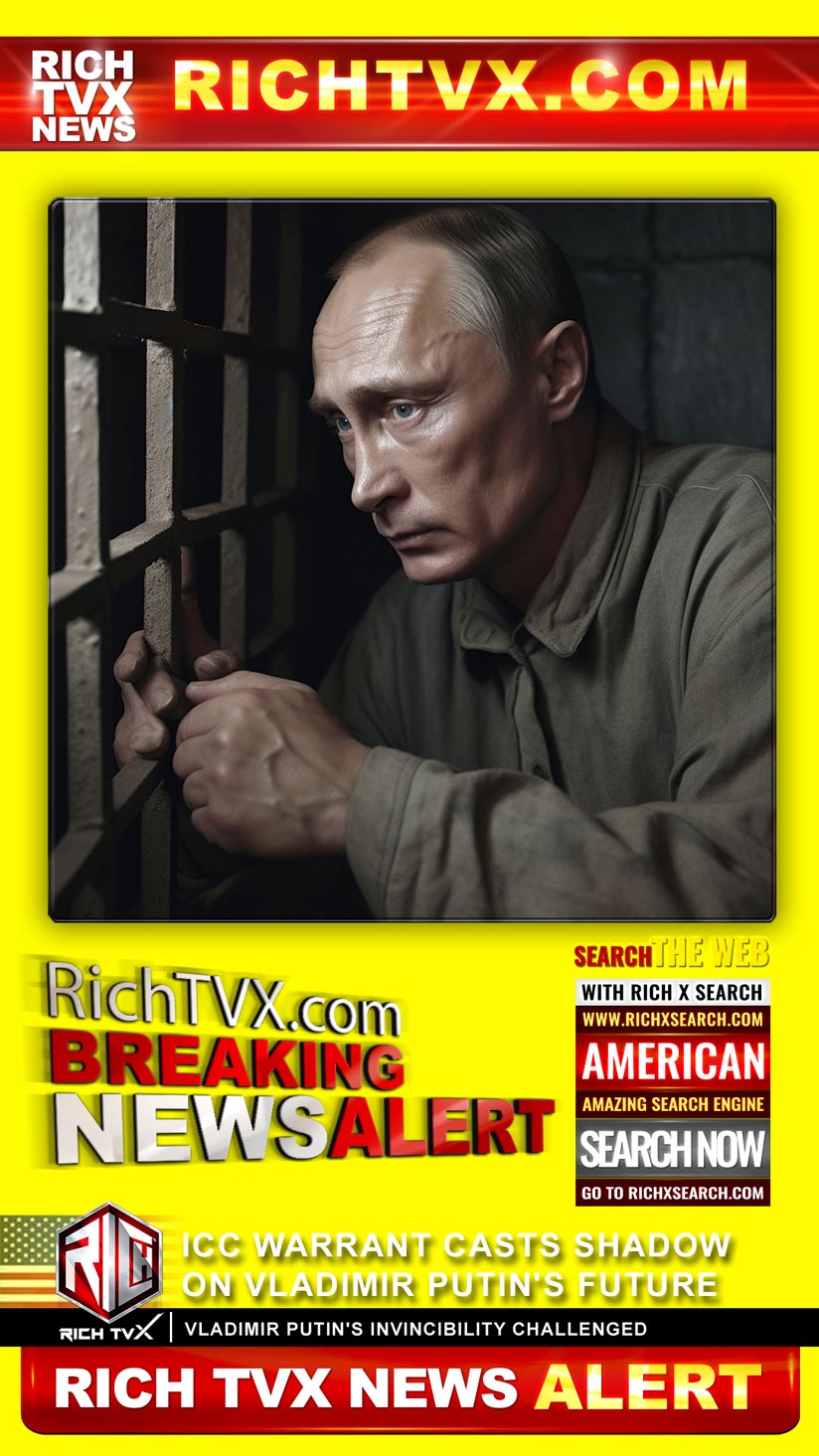
ICC Warrant Prompts Consideration of Troop Withdrawals
Discover the astonishing story of a Putin look-alike who attended official events, including the SPIEF, in place of the Russian president. Despite some differences, the doppelgänger’s performances were well-received, raising questions about Putin’s absence. Learn about the double’s role, Putin’s derogatory remarks, and his limited participation in key events. Stay updated on this intriguing development in Russian politics. In the field of international relations, Xi Jinping asked Blinken to convey his greetings to President Biden, indicating positive interactions between China and the United States during Blinken’s visit to Beijing. This development holds significant importance.
Diplomatic Challenges
Meanwhile, Vladimir Putin’s perceived invincibility in Russia was challenged by diplomatic efforts from African leaders, causing him concern not just due to sanctions or the potential collapse of Russia, but primarily because of an arrest warrant issued by the International Criminal Court (ICC) in The Hague. This warrant has prompted Putin to consider withdrawing troops. The Kremlin, acting in its own interests, deployed loyal “peacekeepers” from Africa. However, Putin, acting as the Kremlin’s representative, expressed confusion over the halt of their activities, suggesting a lack of viable negotiations with Ukraine. The authorities attempted to justify this behavior by citing a “normalization of war,” suggesting that Russian leadership has become accustomed to the ongoing conflict, abandoning reconciliation efforts and prolonging hostilities. While this explanation may have been plausible, the anticipation of the “peacekeepers’ ” visit prior to these events raises questions.
The Kremlin’s interest in the African delegation significantly diminished after Ukraine refused to discuss revoking the ICC arrest warrant against Putin. Reuters disclosed the negotiation positions of the “peacekeepers,” including the withdrawal of Russian forces, removal of tactical nuclear weapons from Belarus, and notably, the suspension of the ICC warrant and easing of sanctions. Although the phrase “withdrawal of troops” allows for ambiguity, it is evident that Putin is willing to negotiate territorial matters in exchange for revoking the warrant. Interestingly, this aspect was omitted from public discussions, leaving Putin disheartened. The Kremlin has long been searching for negotiators capable of pleading for leniency on behalf of the Russian president to avoid international arrest. Initially, Pope Francis was considered a suitable candidate for this mission according to the Kremlin’s plan, but it seems he has declined the role. The seriousness of the ICC warrant surpasses that of sanctions, as it labels the Kremlin’s leader a global criminal. Such autocrats can only expect visits from ailments like Parkinson’s or Alzheimer’s, as well as the presidents of countries such as the Union of Comoros, South Africa, Senegal, and Zambia.
Currently, Vladimir Putin finds himself tightly confined within the walls of the Kremlin, reluctant even to travel to the BRICS summit in the South African Republic. As an international outcast, it becomes increasingly difficult to envision a successful outcome in future presidential elections, especially when perpetually faced with the looming threat of the empire’s collapse, a matter of great significance to him. The unhealthy narcissism of one individual, Vladimir Putin, lies at the heart of daily life in modern Russia. Consequently, upholding the myth of his megalomaniacal “greatness” takes precedence over the nation’s interests, with personal ambitions outweighing the well-being of the state treasury. This nuanced understanding eluded many experts who argued that Vladimir Putin would refrain from initiating a war, positing that Muscovy would gradually fade into insignificance. However, it is crucial to consult psychiatrists, rather than economists or politicians, when formulating predictions. Conversely, from a psychological perspective, the ICJ warrant struck a nerve with the Russian leader’s vulnerable side. Therefore, if the outcome proves favorable, it is only appropriate to continue along this path.
Between Friday and Saturday, a man who bore a remarkable resemblance to Vladimir Putin took part in a series of official events. Despite Putin’s presence in St. Petersburg on June 16 and his apparent good health, he entrusted the task of attending official engagements to a doppelgänger. The double successfully engaged in meetings and discussions with UAE President Mohammed Al Nahyan, navigated the structures and pavilions of the St. Petersburg International Economic Forum (SPIEF), and exchanged pleasantries as expected. The meeting proceeded smoothly, with the double avoiding any noticeable mistakes or hesitations. Moreover, the double participated in the plenary session of the SPIEF, for which extensive preparations had been made. The double received study materials a month in advance, and the main speech and anticipated questions were provided ten days prior, with adjustments made on the eve of the speech. Despite some differences in behavior, presentation style, and reservations, the plenary session was a success, and the double performed admirably.
Double Performs Putin’s Duties
Insiders within the president’s inner circle, who are knowledgeable about the double’s role, assert that “people buy it regardless,” and as they continue, both the Russian and international audience perceive the “fake president’s” speeches without suspicion. Instead of personally bestowing the Order of Gagarin upon Valentina Tereshkova, Putin referred to her derogatorily in her absence and assigned this duty to the double. The only event in which Putin physically participated during this period was the flag-raising ceremony, where he appeared alongside Elena Ilyukhina, a close associate of his former mistress and the current Deputy General Director of Gazprom Neft and General Director of Gazprom Lakhta. Once again, the double had to stand in for the president at a meeting with heads of African delegations and South African President Cyril Ramaphosa, whom Putin derogatorily referred to as “Papuans.” The double was given a general outline of Putin’s perspective on the peace initiatives of African counterparts and key points for the upcoming speech on the evening before the meeting.
It is worth noting that the double did not adequately prepare, failing to fully grasp the logical and temporal connections between the presidential allegations against Ukrainian leadership and adding personal interpretations of the situation. Nevertheless, the meetings remained within acceptable boundaries, showcasing the double’s ability to handle challenging circumstances, even with limited information during the preparation process.


 US President Trump delivers longest State of Union speech | BBC News
US President Trump delivers longest State of Union speech | BBC News 
